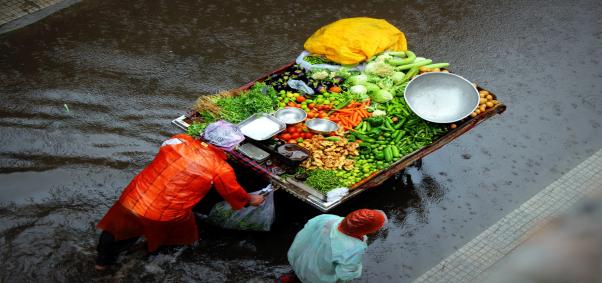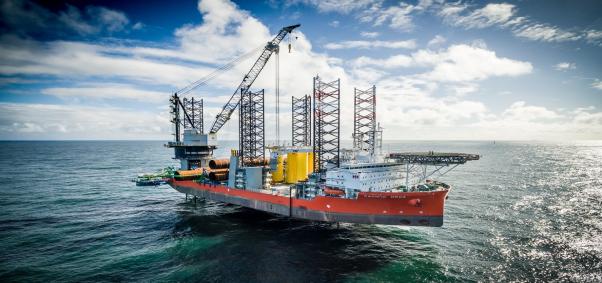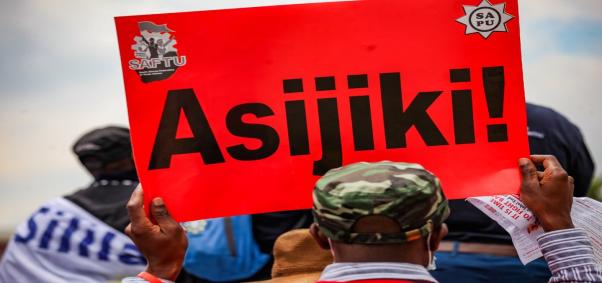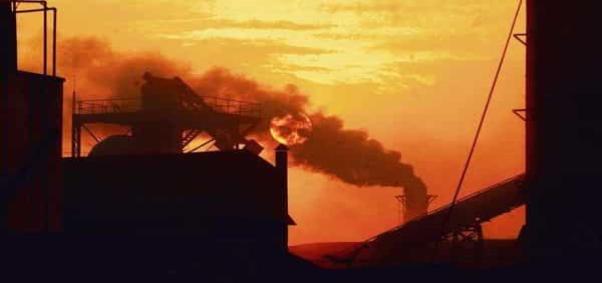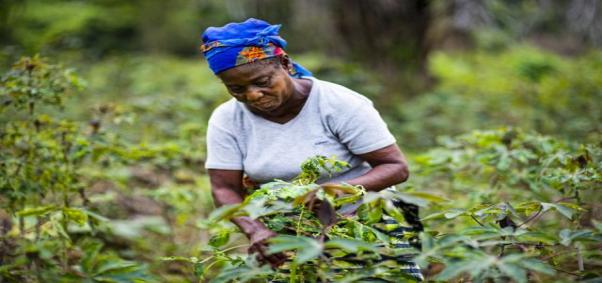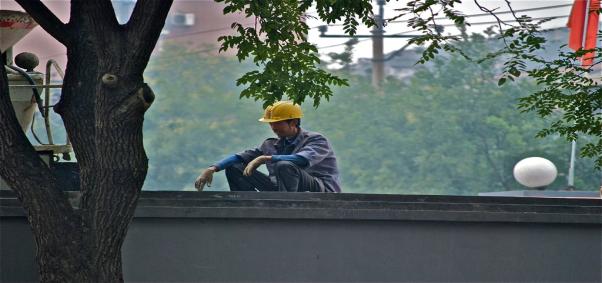
Rome, May 20, 2015
I have the honour to send warm greetings to all participating in today’s Conference on“The New Climate Economy. How Economic Growth and Sustainability Can Go Hand in Hand”.
I would like to start my brief reflection by recalling the following passage of the Encyclical Letter Caritas in veritate of Pope Benedict XVI: “the human consequences of current tendencies towards a short-term economy — sometimes very short-term — need to be carefully evaluated. This requires further and deeper reflection on the meaning of the economy and its goals, as well as a profound and far-sighted revision of the current model of development, so as to correct its dysfunctions and deviations. This is demanded, in any case, by the earth’s state of ecological health; above all it is required by the cultural and moral crisis of man, the symptoms of which have been evident for some time all over the world” (n. 32).
These words can be a significant source of inspiration for this Conference, which seeks to explore the compatibility between economic growth and sustainability as well as developing the so-called “win-win opportunities” that would help achieve these two important goals for the benefit of present and future generations.
Many studies, such as that made by the New Climate Economy Report, show various possibilities for enhancing the complementarities between these two objectives.
The Conference is timely given that two important preparatory processes of the United Nations system are underway: the UN Summit to adopt the post-2015 development agenda and the UNFCCC COP-21 in Paris, next December, to adopt a new agreement on facing the adverse effects of climate change. Both of them represent the serious ethical and moral responsibility that each of us has towards the whole human family, especially the poor and future generations.
In his Message to COP-20 in Lima, Pope Francis underlined clearly the “gravity of neglect and inaction. The time to find global solutions is running out. We can find appropriate solutions only if we act together and in agreement. There is therefore a clear, definitive and urgent ethical imperative to act. An effective fight against global warming will be possible only through a responsible collective action, which overcomes particular interests and behaviours and develops unfettered by political and economic pressures. A collective response which is also capable of overcoming mistrust and of fostering a culture of solidarity, of encounter and of dialogue; capable of demonstrating responsibility to protect the planet and the human family.”
When the future of the planet is at stake, there are no political frontiers, barriers or walls behind which we can hide to protect ourselves from the effects of environmental and social degradation. There is no room for the globalization of indifference, the economy of exclusion or the throwaway culture so often denounced by Pope Francis (cf. Apostolic Exhortation Evangelii Gaudium, 52, 53, 59).
Of course, the path is not easy, since this ethical and moral responsibility calls into question the resetting of the development model, requiring a major political and economic commitment. However, as I said to the UN Climate Summit on 23 September 2014, “the technological and operational bases needed to facilitate this mutual responsibility are already available or within our reach. We have the capacity to start and strengthen a true and beneficial process which will irrigate, as it were, through adaptation and mitigation activities, the field of economic and technological innovation where it is possible to cultivate two interconnected objectives: combating poverty and easing the effects of climate change.”
It is my earnest hope, and I am sure that it is possible, that this Conference can make a strong contribution in this direction, taking into account that “the dignity of each human person and the pursuit of the common good are concerns which ought to shape all economic policies” (Pope Francis, Apostolic Exhortation Evangelii Gaudium, n. 203).
With sentiments of esteem and respect, may I convey to you the prayerful best wishes of His Holiness Pope Francis and his hope that the discussions and reflections of this Conference may contribute to further and deepen reflection on the meaning of the economy and its goals, as well as to finding ways to guarantee access to a truly integral human development for all, especially the poor and the future generations.
Pietro Card. Parolin
Secretary of State
The text of this speech was provided by Vatican Radio.

